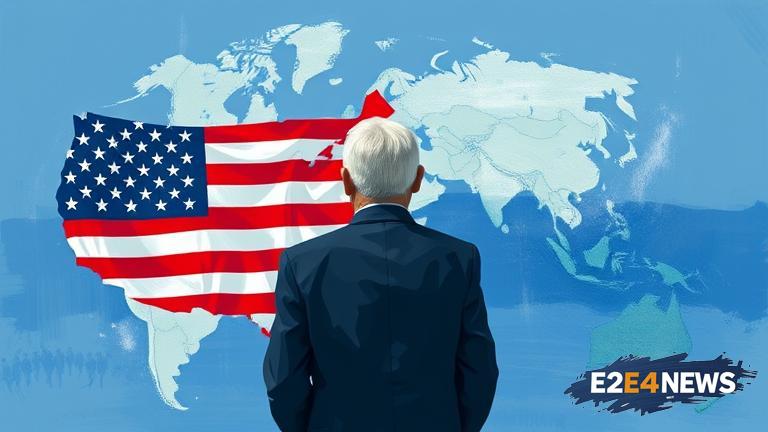The US State Department has introduced a significant shift in its diplomatic approach, as announced by a spokesperson. The new policy dictates that the US will no longer comment on the elections and justice systems of other countries. This decision has sparked interest and debate among international observers and diplomats. The spokesperson emphasized that the US will focus on its own domestic issues and priorities, rather than interfering in the internal affairs of other nations. The move is seen as a departure from the traditional US role as a global advocate for democracy and human rights. The US has historically been vocal about promoting free and fair elections, as well as criticizing unjust systems and human rights abuses worldwide. However, the new approach suggests a more isolationist stance, prioritizing American interests above international concerns. The implications of this shift are far-reaching, with potential consequences for global governance, international relations, and the promotion of democracy. The decision may be perceived as a sign of weakened US leadership on the global stage, particularly in regions where democratic values are under threat. On the other hand, some argue that the US should focus on its own problems, such as racial inequality, economic disparities, and political polarization, rather than trying to impose its values on other countries. The new policy may also lead to a decrease in US involvement in international organizations and initiatives aimed at promoting democracy and human rights. Furthermore, the shift may embolden authoritarian regimes and undermine the credibility of the US as a champion of democratic values. The US State Department’s decision has been met with a mix of criticism and understanding from the international community, with some countries welcoming the move as a sign of respect for national sovereignty. Others, however, have expressed concern that the US is abandoning its role as a global leader and advocate for human rights. As the world navigates an increasingly complex and multipolar landscape, the US diplomatic shift is likely to have significant and far-reaching consequences. The decision will be closely watched by international observers, as the US seeks to redefine its role in global affairs. In conclusion, the US State Department’s new approach marks a significant departure from traditional US diplomacy, with potential implications for global governance, international relations, and the promotion of democracy.
